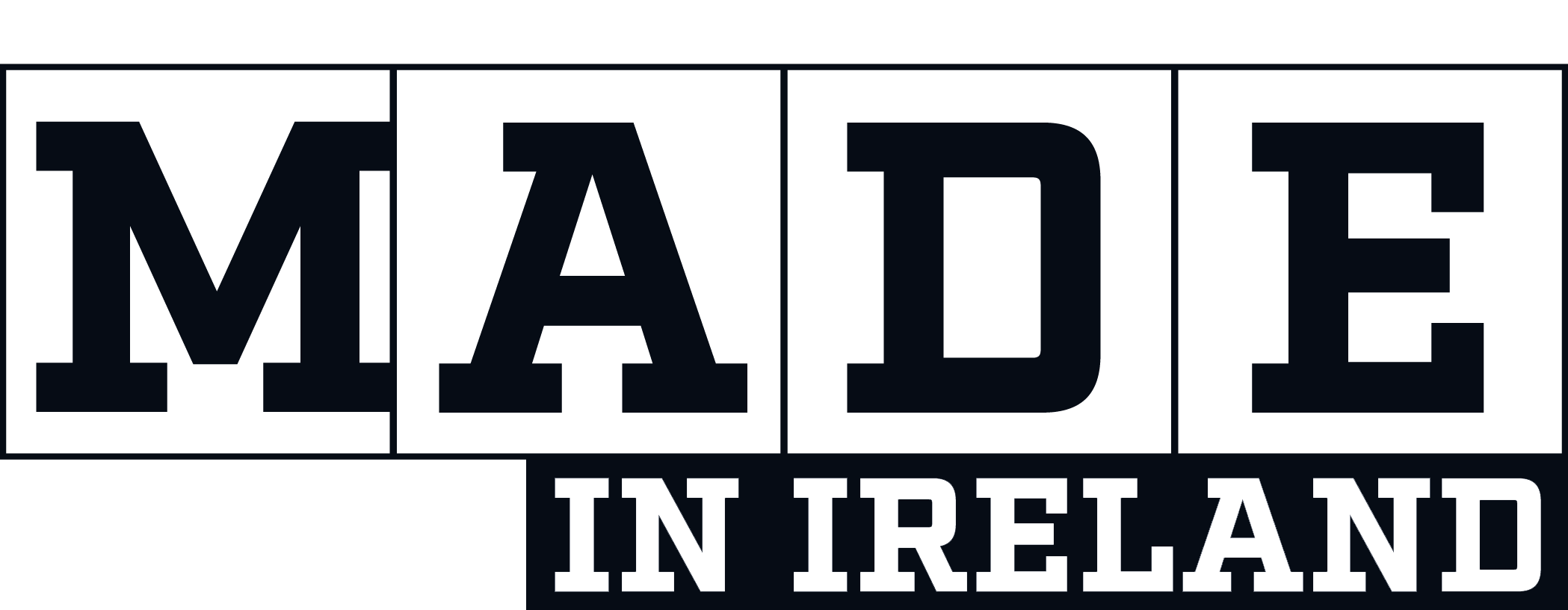Approved under the Environmental Aid scheme and EI’s Green Transition Fund, the funding has benefited more than 400 Irish companies since June 2022, reducing CO2 emissions by an estimated 130,000 tonnes. The Department of Enterprise, Trade and Employment also allocated a further €300 million in June this year under the Environmental Aid scheme to support EI’s broader commitment to advancing sustainable growth among Irish companies.
These figures were announced as more than 500 industry leaders, policymakers, and sustainability experts attend Enterprise Ireland’s inaugural Sustainable Enterprise Summit, which is taking place today, 5 November, in the Dublin Royal Convention Centre in Dublin 8.
Ireland’s commitment to reaching net-zero greenhouse gas emissions by 2050, and a 51% reduction by 2030, requires decisive action within the enterprise sector, with a 35% reduction in on-site industrial emissions required by 2030.
EI client companies that qualify as large industrial emitters (those regulated by the EU Emissions Trading System – “EU ETS”) have already made significant reductions, with support from this funding. Since 2021, these companies have reduced emissions by 13%, which indicates good progress towards the 2030 target.
The inaugural Sustainable Enterprise Summit marks a significant step forward in supporting Irish businesses to meet national climate targets and transition to a sustainable future. The summit will spotlight how Irish companies can integrate sustainability into their core strategies, thereby enhancing competitiveness while addressing the global demand for greener, climate-resilient products and services.
Jenny Melia, Executive Director of Enterprise Ireland, said: "With over €55 million in funding approved to date, we are enabling businesses of all sizes to reduce their carbon footprint, harness cost savings, and position themselves at the forefront of the low-carbon economy. We’ve made significant strides in helping companies adopt more sustainable practices, but as we look toward our ambitious 2030 and 2050 targets, we recognise there is more to do. Enterprise Ireland will continue to strengthen its support for businesses on this journey over the coming years, enabling companies to turn sustainability from a challenge into a competitive advantage.”
Minister of Trade Promotion, Digital & Company Regulation, Dara Calleary TD highlighted his Department’s ongoing commitment to supporting businesses on their decarbonisation journey: "Decarbonisation is no longer optional; it’s essential for resilience in today’s competitive landscape. By supporting businesses in their transition, we’re ensuring that Irish companies not only meet climate targets but also thrive in a decarbonising world."
The Sustainable Enterprise Summit will highlight success stories from Irish companies who have leveraged sustainability as a growth opportunity and will offer practical insights and support mechanisms to aid businesses in their journey toward a sustainable, competitive future.
Attendees will have the opportunity to hear from industry leaders as well as a several Irish companies, ranging from start-ups to SMEs and multinationals, with contributions from leading Irish companies including Diageo, Dairygold, Techrete, Aerogen, Watershed, Portwest, Version1, and Carbery.
Darren Kinsella, Head of Business Development for New Energy Landscapes, Schneider Electric said: “Despite having good intentions, businesses have been reluctant to invest in decarbonization. Our own research found that around half of Irish businesses have delayed investment in sustainable energy practices. This is largely because perceived installation costs for software and equipment are seen as prohibitive. Fortunately, the funds released by Enterprise Ireland will push sustainability back up the business agenda. However, businesses can’t switch over to renewable energy overnight. There are practicalities to address and the first - and most important step - is to curtail the amount of energy they’re using right now.
“The decision to invest in energy efficient practices couldn’t be timelier as Irish businesses will need to comply with new EU building regulations that come into effect on December 31st. Heating, ventilation and air conditioning (HVAC) consume the most energy in any building or property, contributing to climate change. The new rules state that building owners and tenants are required to install building automation and control systems in buildings where HVAC exceeds a threshold of 290 kW. This applies to most small to medium buildings and above, affecting the majority of businesses.
“Fortunately, the smart energy management systems needed to automate HVAC and other utilities are widely available today and can be easily installed. By upgrading their building systems and infrastructure, businesses can improve their green credentials as we move away from fossil fuels. The electrification and digitisation of the workspace will enable businesses to become more self-sufficient, consume cheaper energy and eventually recycle surplus energy.”










